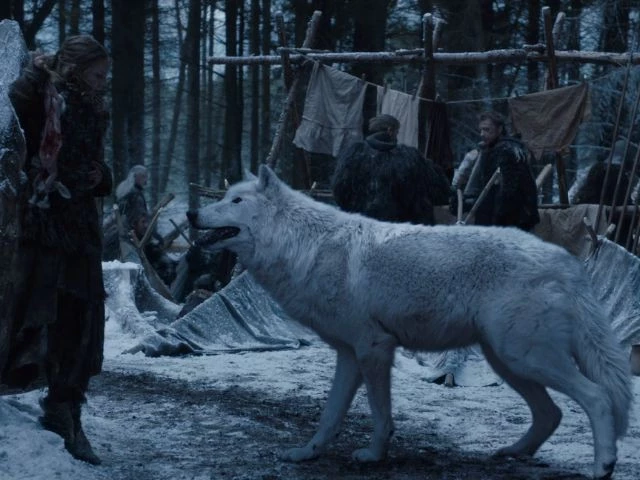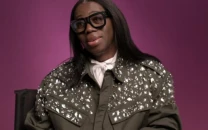Game of Thrones dire wolves reborn: Colossal Biosciences de-extincts canines using CRISPR
Colossal Biosciences uses ancient DNA and CRISPR to revive dire wolf traits.

Colossal Biosciences, a Dallas-based biotech company, has announced the successful creation of three dire wolf-like pups, calling it the world’s first case of successful de-extinction. As reported by CNN on April 7, 2025, the animals were produced using advanced gene-editing and cloning techniques, drawing from ancient DNA samples belonging to the extinct dire wolf species (Aenocyon dirus), which vanished around 12,500 years ago.
Using fossilized DNA from a 13,000-year-old tooth and a 72,000-year-old skull, researchers reconstructed a dire wolf genome and edited gray wolf DNA—its closest living relative—to replicate key traits. The team made 20 gene edits across 14 genes, targeting physical characteristics such as jaw structure, fur thickness, and skeletal build. Two male pups were born in October 2024, followed by a female in January 2025, carried by large domestic hounds serving as surrogates.
The dire wolf, famously referenced in HBO’s Game of Thrones, was larger and more robust than modern wolves. Colossal scientists compared the ancient genome to those of modern canids like jackals and foxes to isolate and restore dire wolf traits.
According to Love Dalén, an evolutionary genomics professor at Stockholm University and adviser to Colossal, while the resulting animals are genetically 99.9% gray wolf, their physical traits closely resemble those of the prehistoric predator. “It carries dire wolf genes, and these genes make it look more like a dire wolf than anything we’ve seen in the last 13,000 years,” he said.
Colossal’s broader mission is to apply de-extinction tools to conservation. The company has also cloned two litters of critically endangered red wolves using techniques developed during this project.
While critics raise concerns about ethics and the use of resources, others question whether these animals will ever serve a true ecological function. Still, the achievement is widely viewed as a major leap in gene-editing and conservation science.
























COMMENTS
Comments are moderated and generally will be posted if they are on-topic and not abusive.
For more information, please see our Comments FAQ